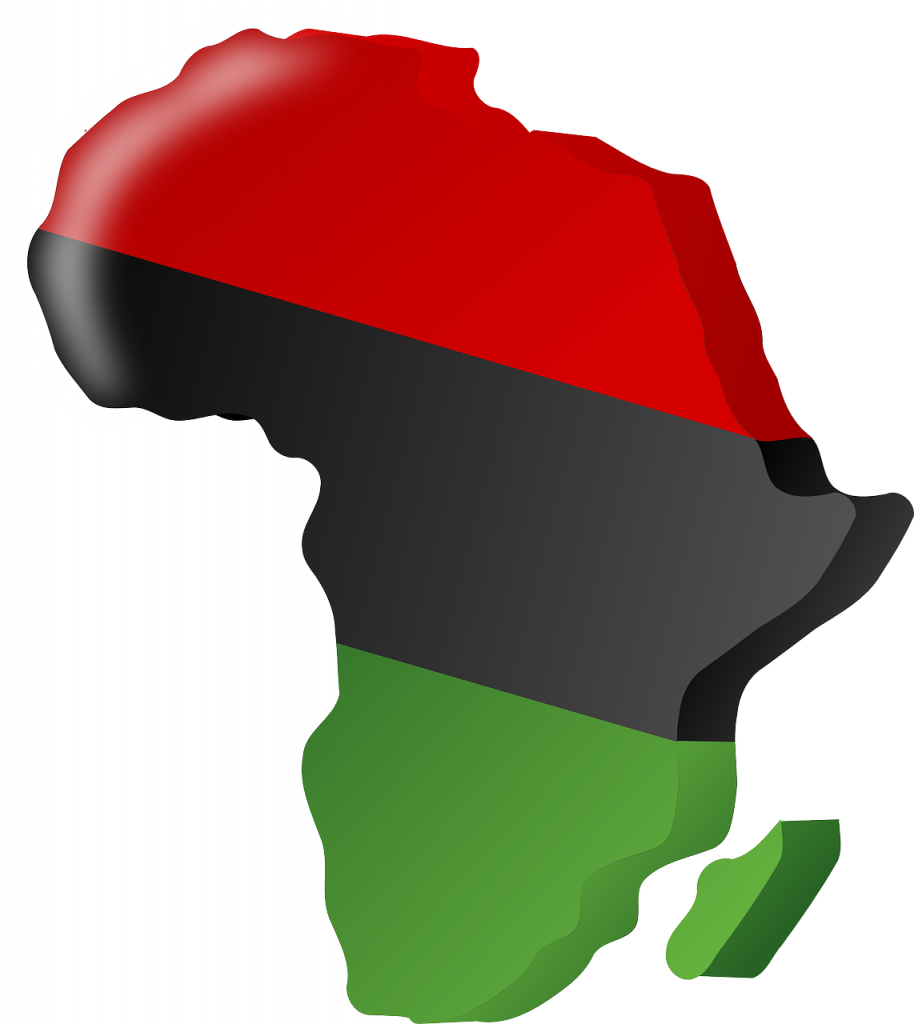Surprisingly little is stated on copyright law in Africa outside of South Africa for a continent with such a rich culture, music, and creative works.
Most African nations do have copyright legislation, although much of it needs to be updated and revised. This type of intellectual property protection can be a very helpful tool in the arsenal of a brand owner, especially in nations where the brand owner may not yet have registered their trademark. Additionally, copyright is particularly useful in situations involving trade dress infringement.
A “work” that is eligible for copyright protection must meet specific requirements in order for copyright protection to exist automatically in certain nations. The pertinent copyright laws set forth these requirements. For instance, works can be musical, literary, or artistic. These subcategories of works also include particular works like songs, books, speeches, paintings, and pictures. The owner of the copyright residing in a work will typically be defined in the pertinent legislation, as will each category of works.
Nigeria
If a work has been fixed in any specific medium of expression and has undergone enough effort to give it an original character, it is eligible for copyright protection in Nigeria. Although not required, copyright registration is an option. For a work to be eligible for registration, either copyright must be present in the work in issue or the work must be protected by copyright law.
The Nigerian Copyright Commission (NCC), which keeps a register of copyright works registered in Nigeria, receives requests for registration.
Kenya
Copyright must be original in order to remain valid. For a work to be protected by copyright, it must be reduced to tangible form. Copyright protection does not require novelty.
It is possible to register individual copyright works, particularly those with a creative, musical, audiovisual, or literary component. Registration requirements are as follows:
- The work must be original.
- The work should be in a tangible format, including digital format.
The National Rights Registry (NRR) system displays works that have already been registered in Kenya, and the Kenyan Copyright Board (KECOBO) makes it easy to register new copyright works through its official website. The owner of the copyright is expected to submit a personal application for the registration of their copyright.
Ethiopia
Ethiopia is not a signatory to the Berne Convention. The Ethiopian Copyright Proclamation thus grants foreign nationals very little copyright protection.
According to Article 3(1)(b) of the Proclamation, regardless of the nationality or place of residence of their authors, the Proclamation will apply to works first published in Ethiopia as well as works first published abroad and also published in Ethiopia within 30 days. This is specifically relevant to foreign nationals.
If work is original and fixed in a physical form, copyright always exists in that work. Copyright can exist without registration, although one can apply for registration with the Ethiopian Intellectual Property Office if one wants to (EIPO). The application will be examined by the EIPO for compliance with the formalities before the registration certificate is issued.
Obviously, these countries have a low standard for copyright protection, and while registration is not necessary, it is an option. The obvious advantage of registering one’s copyright is that the registration certificate serves as a confirmation of the right to enforce or protect it, negating the need to present voluminous evidence to convince a court that a work is protected by copyright or that one is the owner of the copyright that is protected by a work. Additionally, registration serves as a confirmation of the exclusive right and a disincentive to infringement.
Owners of brands would be well to include copyright as a key component of their overall strategy for defending their rights in Africa.
